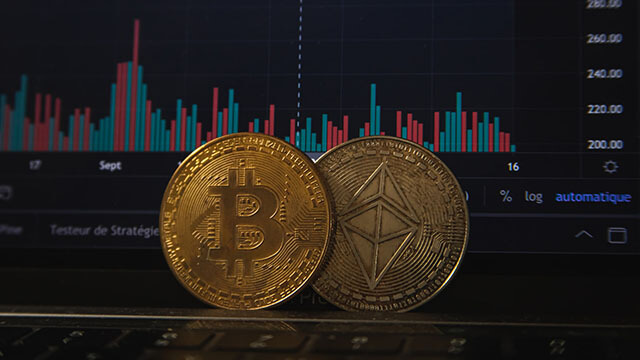This week has seen increased skepticism regarding memecoins, particularly following a notable decrease in trading volumes related to Solana -based memecoins. Recent analytics indicate that a significant portion of traders on the pump.fun platform, a popular memecoin deployer, have been operating at a loss.
Data analyst Mike Kremer has entered the ongoing discourse by characterizing memecoins as one of the most exploitative trends in the cryptocurrency space since the initial coin offering (ICO) surge in 2017. He noted that although speculative bubbles have historically been prevalent in the cryptocurrency market, previous phenomena often left some enduring value behind. For example, during the DeFi boom, projects such as Uniswap introduced valuable services that sustained a level of worth even after the hype faded. In contrast, Kremer argues that memecoins demonstrate a more harmful trajectory, where insidious creators hype up tokens without real value, only to offload their holdings at the expense of retail investors.
The prevailing concerns are supported by alarming statistics from the pump.fun platform, which has witnessed the launch of approximately 1.7 million new tokens since January. Of these, less than 1.5% have achieved a total value surpassing $63,000. Further analysis reveals that around 60% of traders on pump.fun have incurred losses, and only a mere 3% have realized gains of over $1,000. Despite some disputes regarding the reliability of these figures—particularly pertaining to realized gains—the overall sentiment remains negative.
The downturn in trading volumes for Solana -based memecoins coincides with a record $39 million in outflows from Solana exchange-traded products last week. However, there is an ongoing debate about the overall merit of memecoins in the cryptocurrency ecosystem. Some proponents argue that platforms reducing the costs associated with deploying memecoins can attract newcomers to the market, facilitating broader participation. While critics continue to label these assets as devoid of inherent value, advocates suggest that they serve as a gateway for individuals entering the crypto space.
